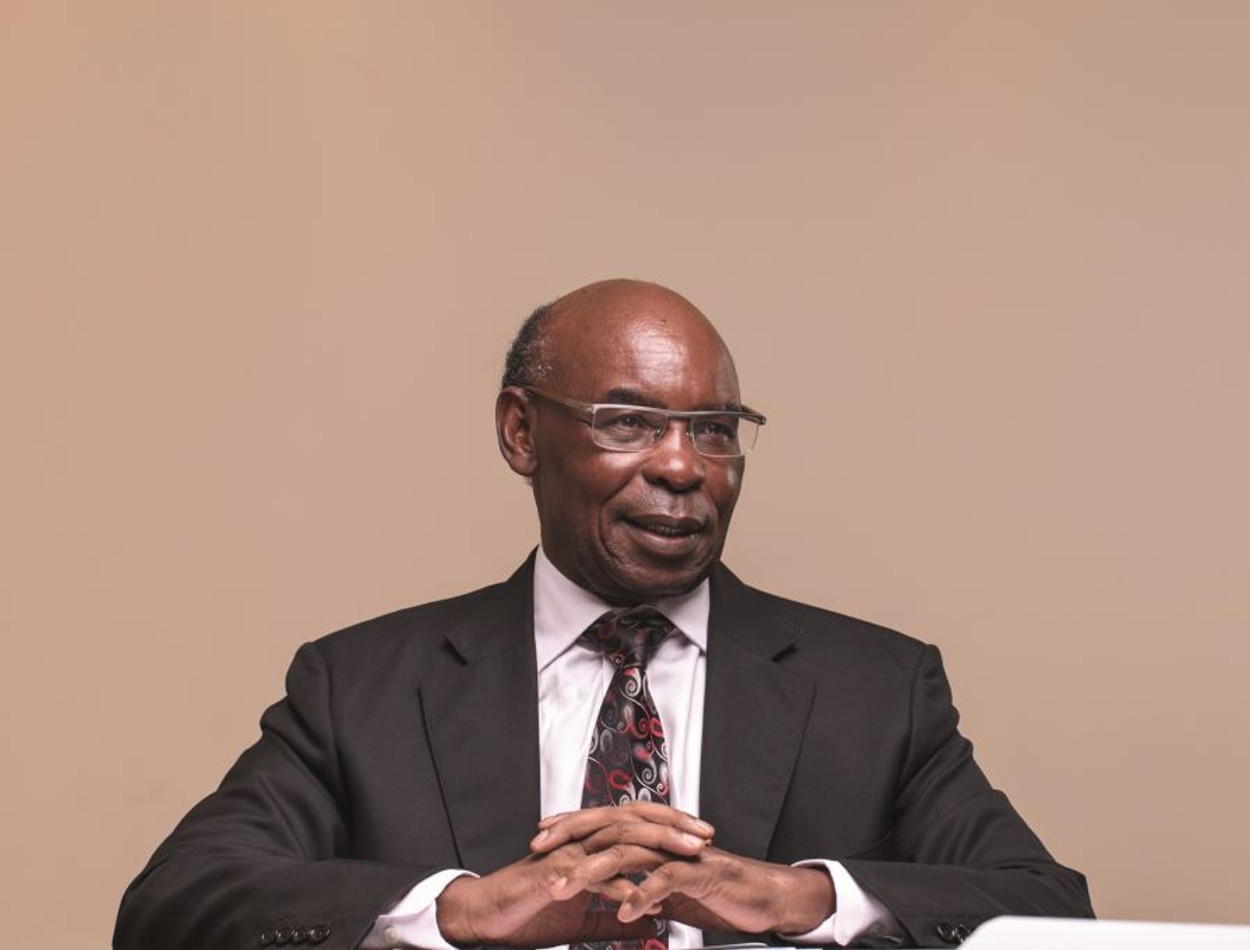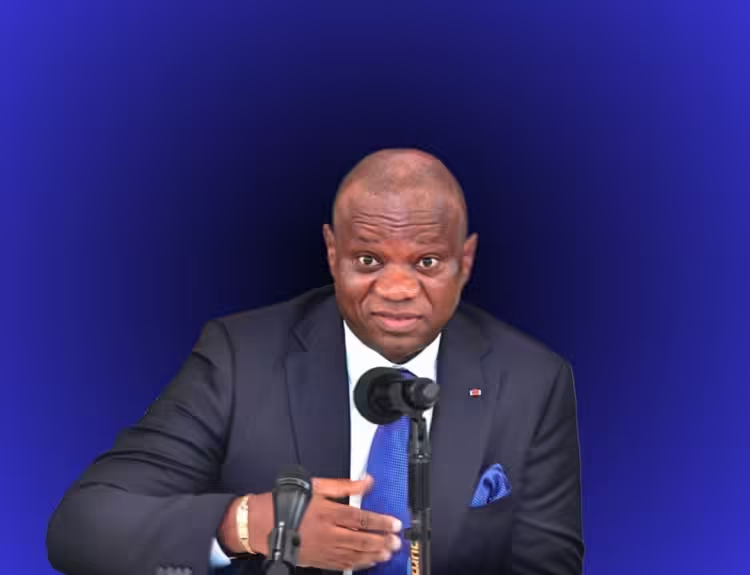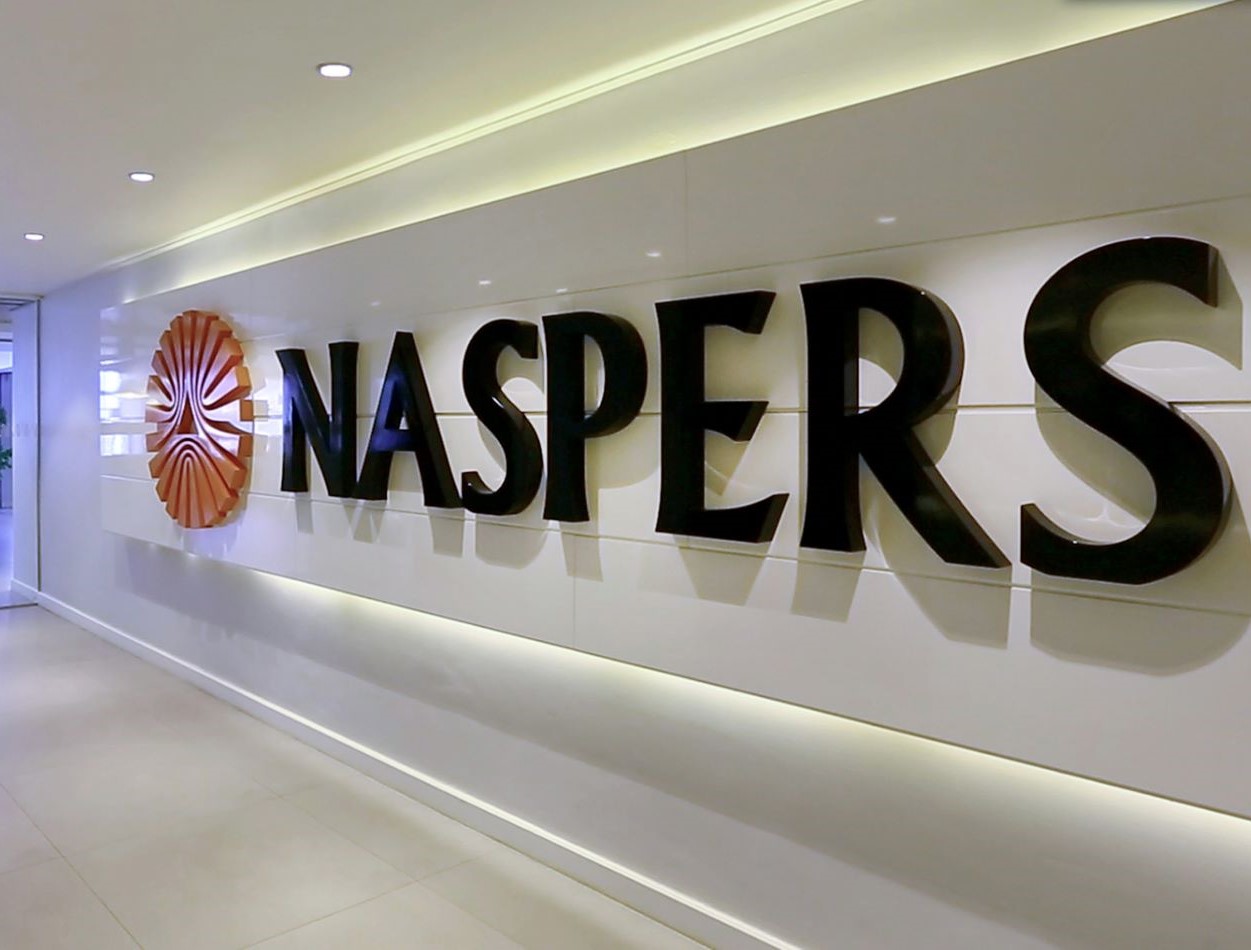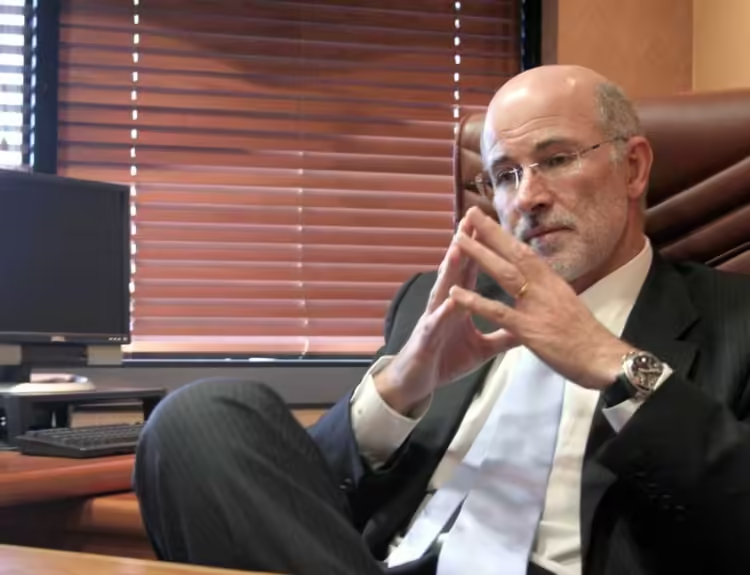Kenya’s Royal Media Services (RMS) is arguably the largest private media owned by an individual in the East African region.
The story of how it became the most-viewed TV station is one for the books. Moreover, the rise of the founder and owner, Samuel Kamau Macharia–popularly referred to as SK Macharia, to the top of Kenya’s society was not easy.
As is the case across the African continent, government critics barely build any fortune. The rise of many billionaires on the continent is linked to their dalliance with the political elite. It is hard to say whether SK Macharia relied on his political connections to build his sprawling media empire or not.
This is because along the way he has experienced the two extremes that an African entrepreneur can go through. His dream to have a private media outlet was squashed at one point, but there is also evidence that successive regimes boosted his ventures.
Though not officially confirmed, multiple sources put his estimated net worth at KES 40 billion ($298 million). Businessempires.africa cannot independently verify this; most of Macharia’s holdings are private and do not publicly share their annual revenues as is the case with listed entities.
In the 2010s, he was featured in Forbes’s top ten list of millionaires to watch on the continent, pointing to a growing portfolio of high-return investments.
Under the RMS stable, Macharia has a dozen TV and radio stations that command viewership and listenership across the country. Particularly, the company has vernacular radio stations that broadcast in native languages and recently expanded the idea to TV stations, disrupting an industry that has been slow to change.
Contents
Who is SK Macharia?
Macharia hails from Kenya’s Murang’a county, a region known for entrepreneurs such as Equity Bank’s CEO James Mwangi. The region boasts of corporate figures who have run certain segments of the Kenyan economy including banking, media, insurance, and retail.
He was born in 1942 in Ndakaini village to a family of four. He has said in past engagements that his parents were squatters who worked in British settlers’ plantations during the colonial rule. His mother died when he was just five years old.
They briefly moved to Arusha, a city in northern Tanzania before going back to Ndakaini village where he commenced his education.
The billionaire first worked as a primary school teacher in the early 1960s before joining the airlift programme, which saw several Kenyan professionals taken to the United States for training. Kenya has just attained independence and needed qualified people to take up public service jobs.
In the US, he joined Seattle Technical College before proceeding to Seattle Pacific University where he graduated with a degree in Political Science. He also attained a degree in Accounting from the University of Washington and a master’s in the same. With this, it is safe to say he is among the most academically accomplished wealthy Kenyans.
Public service
Like most of his compatriots who benefited from the airlift programme, Macharia returned to Kenya to take a public service role. According to his past remarks, he came back to the country in 1969 and worked as a Finance Officer in the Ministry of Local Government.
He later moved to the Industrial and Commercial Development Corporation (ICDC) before taking up a role in Kenya Industrial Estates (KIE). According to Macharia, his experience in the public sector gave him a strong foundation in business.
The making of an empire
Like most of the grass-to-grace stories among Kenyan entrepreneurs, Macharia’s entry business is shrouded in secrecy. But he has said in the past that he started his entrepreneurial journey in 1976. However, it was not until 1979 that he left the public service to build his company, Madhupaper International Kenya Limited.
Madhupaper was a tissue production company based in Nairobi. Kenya’s economic takeoff was still slow and most of the businesses, especially manufacturing, were owned and run by Indians. Others were multinationals or a few white settlers who were still in the country.
It is not clear what led to the collapse of the Rosy tissue paper maker. However, records show that the state-owned Kenya Commercial Bank put the business under administration after it failed to meet its debt obligations.


Kenya at the time was under a one-party rule dictatorship and so it was common for the state to use its institutions to frustrate investors who were perceived as critical to the regime. At the time of closure, the business had 300 employees on its payroll.
The end of his first venture pushed him to pivot to something unrelated–media. According to information available on its website, RMS’ flagship stations–Citizen TV and Citizen Radio were founded in 1990.
RMS did not record much success in the 1990s. There are crackdowns on independent media outlets and publishers. Any outlet that was seen to be against the government had their licenses revoked.
The 2000s and Kenyan media liberalization
The 2000s marked a new history for Kenya and its liberalization efforts. At the turn of the new millennium, many other private media outlets emerged, but SK Macharia stood out because his stations captured the audiences fast.
From just two stations, TV and radio, RMS birthed several other vernacular radio stations that dominated the Kenyan airwaves. Today the list of stations includes Inooro FM, Ramogi FM, Musyi FM, Muuga FM, Mulembe FM, Chamgei FM, Muuga FM, Bahari FM, Hot 96, and Vuuka FM. Others are Sulwe FM and Egesa FM.
The control of these stations makes him the single-largest owner of private media in the region. The company is mulling plans to replicate the success with TV stations broadcasting in local languages. Already, the company has launched Ramogi and Inooro TV which broadcast in Luo and Kikuyu languages respectively.
While the revenues of the company are not public, observers believe the entity makes millions of dollars annually, mostly from ad revenues. The brands are household names as their programming contains popular shows that appeal to the mass market.
His chokehold on the broadcast media has earned him enemies and friends alike. Politicians have openly courted the billionaire to control campaign messaging during elections. Others who find themselves on the wrong side of his influence criticise him for having too much media power.
The tycoon has mastered the art of shifting political allegiances after every electoral cycle to be in the good books of the regime of the day. After the 2022 elections, Macharia who was supporting veteran opposition figure Raila Odinga, switched camps.
Macharia has other business interests. He has been embroiled in numerous court cases that revealed his empire beyond the airwaves and screens. The fight over the control of Directline, an insurance firm, with his daughter-in-law following the death of his son revealed the depth of his investments.
He has also been cited in several land disputes, often with multiple other companies. The following are some of the other business interests known to the public:
- Directline Insurance
- Bushfire Media Distributors
- Serenity Media Productions Ltd
- Big Five Conservancy
- Toi Redevelopment
- Harbour Capital Ltd
Controversies
Macharia’s business conduct and media empire has come under scrutiny. Some have accused RMS of using its platforms to promote political agendas and influence public opinion. Citizen TV, in particular, has been criticized for alleged bias towards certain political figures and parties.
Critics have accused Macharia of using his media influence to advance his political interests. RMS has faced multiple legal disputes including defamation cases, copyright infringement allegations, and disputes with regulatory authorities. The company was fined in the past for breaching broadcasting regulations.
There have been employee mistreatment allegations within the media giant. Some current and former employees have raised concerns about working conditions, editorial independence, and management practices within the company. Allegations of censorship and interference in news coverage have also been leveled against the company.
Macharia’s media empire has faced scrutiny over ethical standards and journalistic integrity. Critics have accused RMS of sensationalism, biased reporting, and lack of fact-checking. Concerns have also been raised about the influence of advertising on editorial content.






